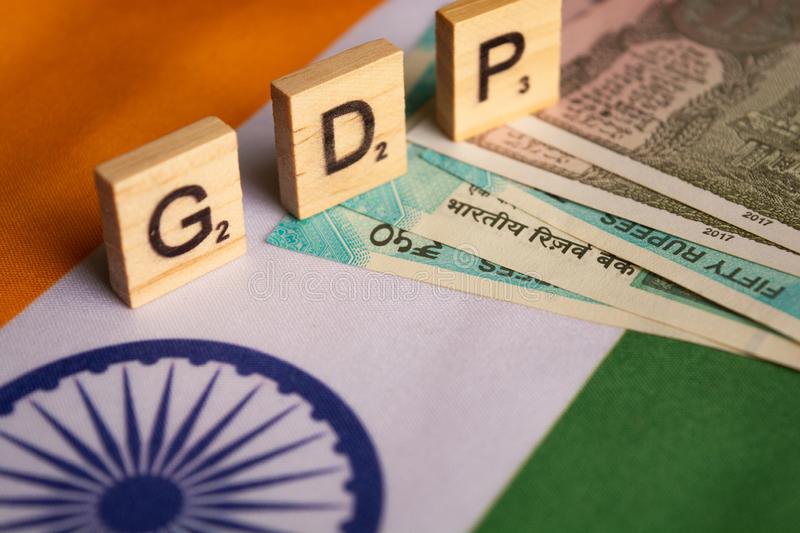In the ever-changing landscape of the global business environment, all businesses, regardless of size, are experiencing significant impacts. Micro, small, and medium enterprises (MSMEs) are no exception, facing both challenges and opportunities as they navigate the evolving dynamics. This current phase presents an ideal moment for entrepreneurs within the MSME realm to reconsider and adapt their strategies, a crucial step toward ensuring sustainable growth
The role of MSMEs in the economy cannot be underestimated, as they contributeMSME substantially to GDP, exports, and job creation. The third season of the MSME National Summit focuses on exploring various themes centered around emerging growth opportunities within the promising MSME sector.
During a special session, industry leaders from Ludhiana, Jaipur, and Hyderabad offer insights into the MSME industry. They delve into essential aspects for entrepreneurs, including domestic challenges, operational sentiment, finance, exports, and e-commerce transformation.
The panelists for today’s session are as follows:
– Upkar Singh Ahuja, President of Chamber of Industrial & Commercial Undertakings (CICU)
– K Rama Devi, President of Association of Lady Entrepreneurs of India (ALEAP)
– Dr. Arun Agarwal, Executive President of Federation of Rajasthan Trade and Industry (FORTI)
– Saurabh Manchanda, SME Editor at Zee Business (moderator)
Upkar Singh Ahuja, representing CICU, highlights the substantial presence of MSMEs in Ludhiana, a prominent industrial city in Punjab. He points out that around 75,000 registered MSMEs in various sectors operate in the city, manufacturing a diverse array of products.
Ahuja underscores the pressure felt by entrepreneurs in the context of exports due to the Russia-Ukraine conflict in Europe. The impact of this situation is also affecting domestic exporters, given the challenges in key export markets like Europe and the US. Additionally, Ahuja shares his perspective on the availability of finance and support from the banking sector for MSMEs. He emphasizes the need for guidance and support to enhance exports.
K Rama Devi, from ALEAP, notes the transformative influence of e-commerce on MSMEs, acting as a game-changer. E-commerce opens new avenues for entrepreneurs and facilitates global connections. She highlights how, amid the pandemic, numerous women entrepreneurs not only sustained their businesses through e-commerce but also prospered from it. Devi commends the government’s Open Network for Digital Commerce (ONDC) initiative, which contributes to digitalization. She stresses the importance of training programs to prepare entrepreneurs for the evolving landscape and suggests simplifying such programs for rural women entrepreneurs.
Dr. Arun Agarwal of FORTI points out the substantial number of registered MSMEs in the country, along with an even larger unorganized sector. He underscores the significance of promoting MSME registrations as a means to strengthen the single-window system at the state level. Dr. Agarwal highlights two crucial aspects for MSME entrepreneurs: access to fuel and finance. He advocates special attention to these areas and proposes the introduction of credit cards for MSMEs, akin to the Kisan Credit Card scheme for the agricultural sector.
